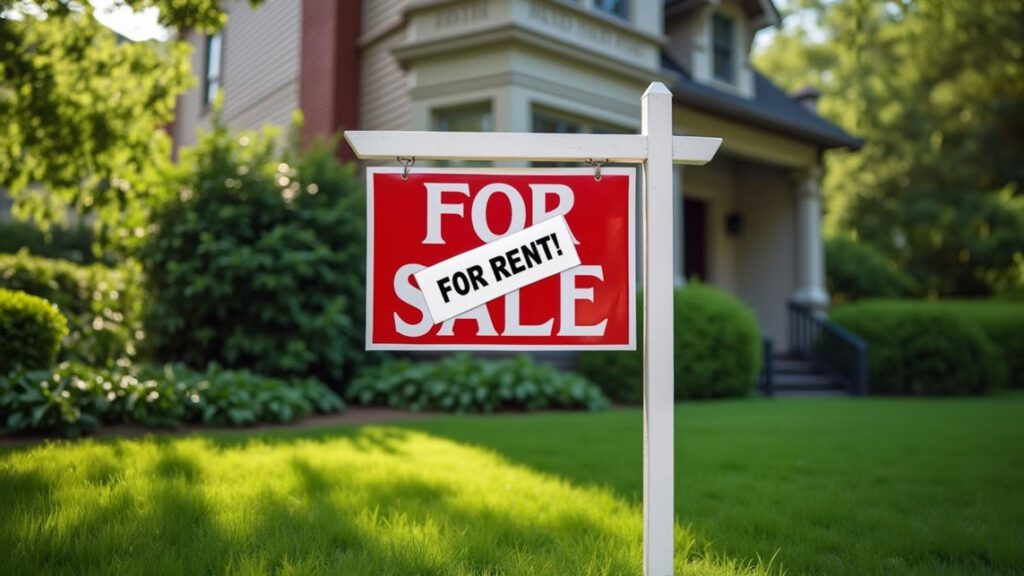City of Toronto To Begin Enforcing New Airbnb Rules
12/27/20

In late 2019, following a lengthy appeal by the Local Planning Appeal Tribunal, a new bylaw governing short-term (less than 28 consecutive days) rentals in Toronto came into effect. The most significant provision in the bylaw is that people can host short term rentals only in their principal residence – no more investment properties or ‘ghost hotels’.
All ‘short term rental operators’ (people renting their homes on a short term basis) are required to register with the City, pay a $50/year registration fee, and pay a 4% Municipal Accommodation Tax.
In addition, all short term rental companies (like Airbnb) must pay a one-time $5,000 license fee as well as an ongoing fee of $1.00 for every night booked through the company.
The original plan was for registration to begin in early 2020, with a requirement that registrations be completed within 3 months. Enforcement action was to begin after the 3 month deadline. COVID-19 threw a large monkey wrench into this plan, as all short term rentals were banned in April as part of the pandemic restrictions. The ban was lifted in June, and the deadline for registration was extended to December 31.
As of early December, only a small fraction of the estimated 20,000 short term rental properties in the City had been registered. The City says it is serious about enforcement action, and that they have the tools to go after operators who are not licensed. Every short term rental listing must include the registration number, and if the City sees a listing without a registration number, both the operator and the rental company (if there is one) will be issued a fine, staring at $1,000 for the first offence.
The City is also going after short term rental platforms like Airbnb, who will be expected to ensure that all advertisers on their site have a registration number. They will also be fined if listings without registration numbers are found.
The new bylaw has caused large numbers of short term rental properties, mainly small condo apartments, to be added to the long term rental pool, and this added rental supply contributed to the softening of the rental market in 2020.
Also, many investors who own short term rental condos have been dumping these properties, since ‘normal’ rentals are not nearly as profitable, and this has contributed to the softening of the condo resale market in 2020.
The demand for resale condos has been surprisingly resilient, despite COVID and the related restrictions, and there were actually more condos sold in 2020 than in 2019. The huge surge in supply of resale condos, partly due the new bylaw, caused condo prices to fall in 2020, however, this trend may reverse later in 2021 once the pandemic is (hopefully) receding in the rear-view mirror, and the short term disruptions due to the new bylaw work their way through the system.
Sign Up For Our Newsletter
Looking for more great real estate content? Get it delivered to your inbox with our newsletter!



